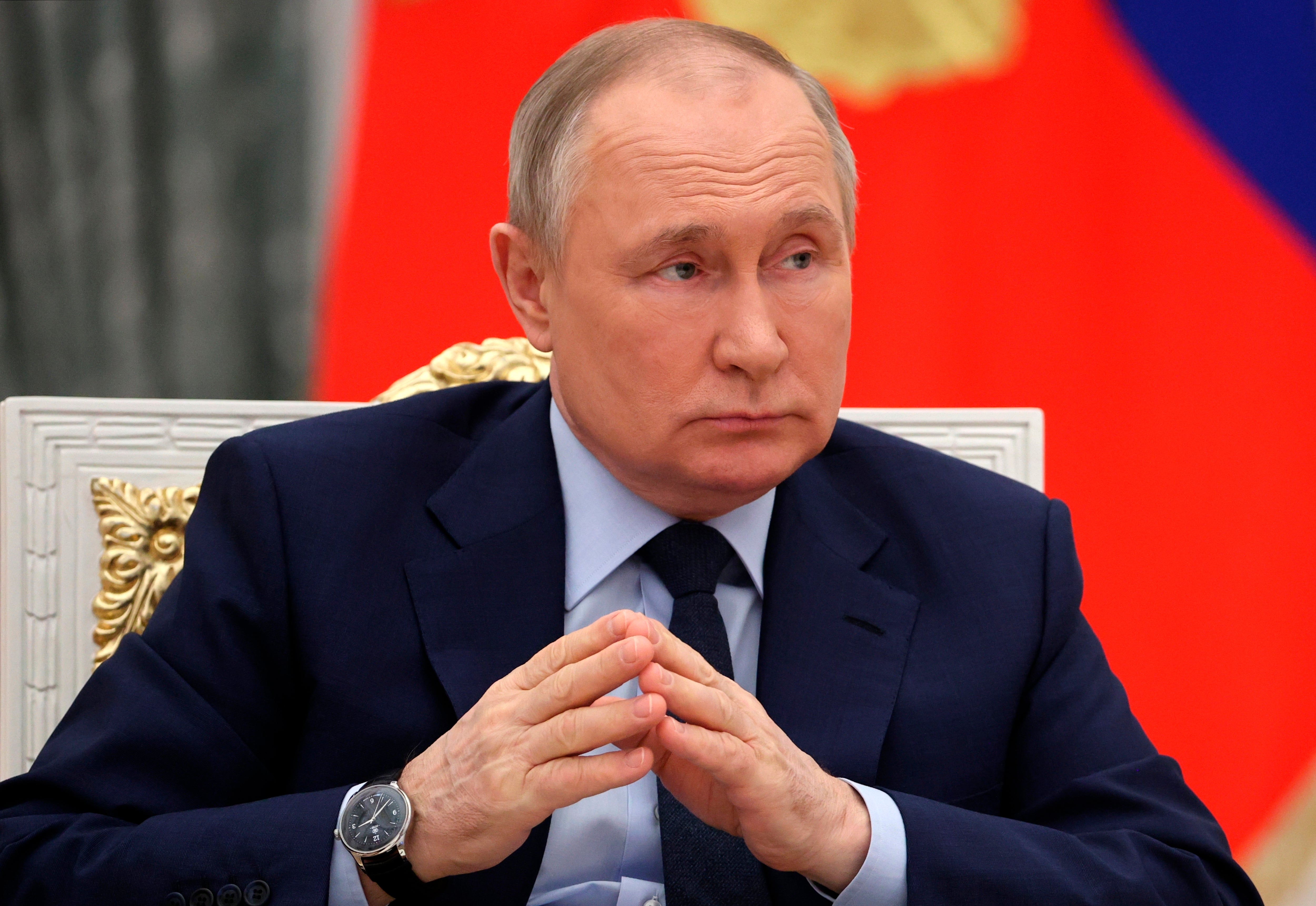Experts to discuss deciphering Russia’s misinformation: How do we sort fact from fiction?
Sign up for a free ticket to our virtual event on how we can get closest to the truth

Discrediting real news as fake and spreading its own increasingly sophisticated fake news are tactics Russia has used for many years to sow confusion and undermine others.
An expert panel at a virtual event run by The Independent will explore how we can sort fact from fiction and get closest to the truth.
From allegations made by Joseph Stalin’s Soviet Union in the early 1950s that Washington was using biological weapons in the Korean war to “Operation Infektion” launched in the 1980s to allege the US had invented HIV and Aids, falsehoods date back many decades.
In more recent years, Russia has spread mutually contradictory disinformation information - from the “colour” revolutions in Ukraine, Georgia and Tajikistan to the July 2014 shooting down of Malaysia Airlines flight MH17 and conspiracy theories the US invented Covid.
As Russian troops lined Ukraine’s borders earlier this year, Russia denied its plans to invade. In March, Russia renewed debunked allegations dating back decades that the US was producing bioweapons in Ukraine.
Since Russia invaded Ukraine in February, Russian officials have tried to discredit many photos, videos and reports, including of the aftermath of the Mariupol maternity hospital bombing and the Bucha massacre.
After hundreds of bodies were found in a mass grave in Bucha, with reports on the ground of rape, torture and murder, Russia’s UN ambassador, Vassily Nebenzia, accused Ukraine and the West of “a false flag attempt” to blame Russian troops, claiming they were committed by Ukrainian nationalists.
Days later, Russian state television aired a fake news clip falsely carrying BBC News branding, claiming a missile attack on Kramatorsk railway in Ukraine was carried out by Ukraine itself.
Social media means Russia’s misinformation campaign has a chance to spread like wildfire through pro-Kremlin accounts then through people who believe and share its propaganda. Some platforms have tried to limit disinformation, yet Russia still finds ways to evade the crackdown.
Join our expert panel of Tim White, a journalist specialising in Ukraine and eastern Europe, two of The Independent’s international correspondents Bel Trew, and Kim Sengupta and host, international editor David Harding, as they discuss how to spot fake news and the context behind it. This virtual event will be held on Zoom on Wednesday 11 May at 6.30pm. It will last one hour.
For more information and to sign up for a free ticket click here.
Join our commenting forum
Join thought-provoking conversations, follow other Independent readers and see their replies
Comments
Bookmark popover
Removed from bookmarks